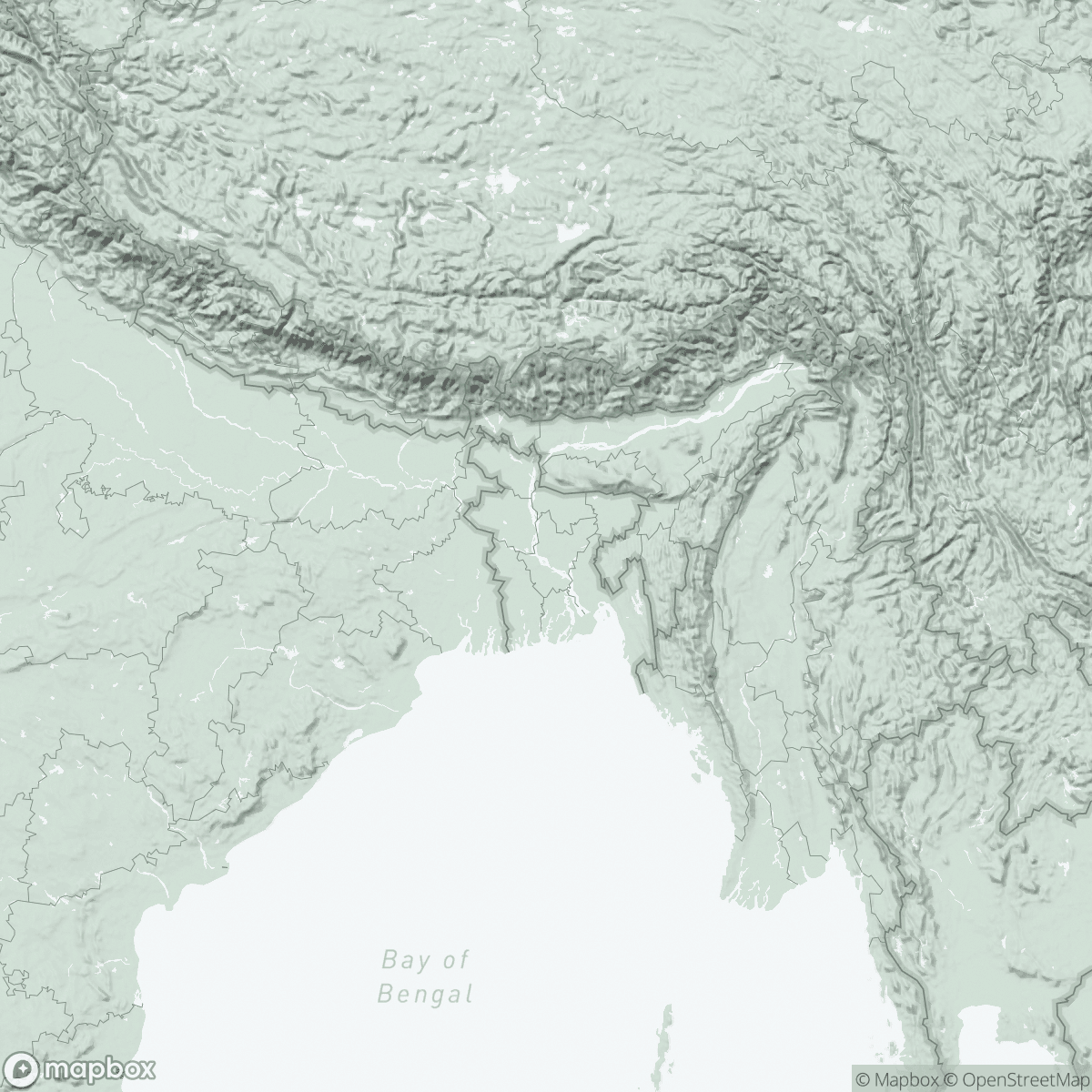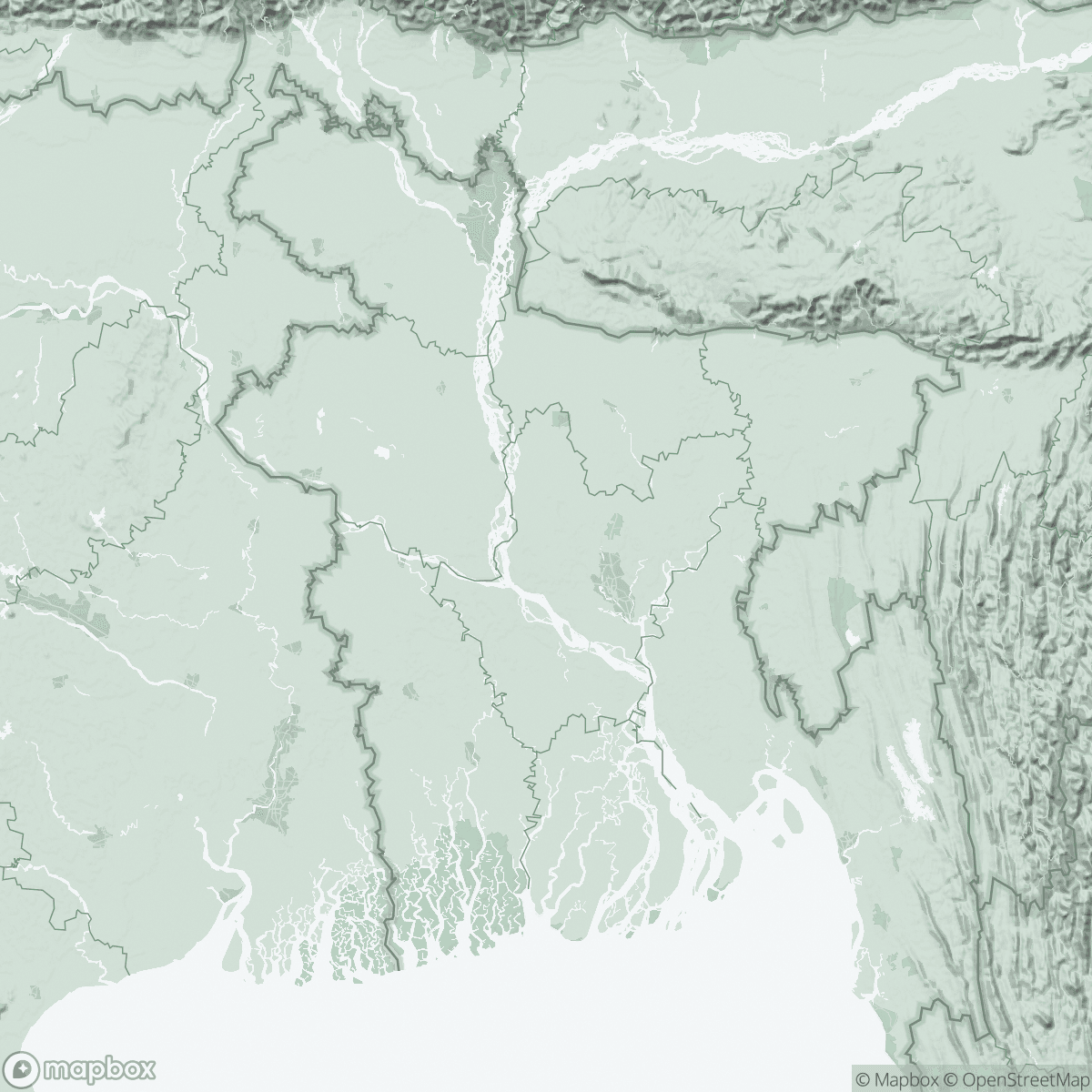
Bangladesh
Following an upsurge in fighting in Myanmar in 2024, Médecins Sans Frontières (MSF) teams witnessed an increase in the number of Rohingya refugees arriving in Bangladesh, many with violence-related injuries.
Our activities in 2024 —
outpatient consultations
births assisted
people treated for intentional physical violence
people started on hepatitis C treatment
In Cox’s Bazar, thousands of people continued to receive healthcare in MSF’s eight health facilities.
MSF provided emergency care and sexual and reproductive health services, as well as mental health support and treatment for victims of sexual and gender-based violence. We also treated patients for a range of non-communicable diseases, acute watery diarrhoea, respiratory infections, dengue fever, and measles.
Since mid-2022, there has been a significant increase in violence inside the Cox’s Bazar refugee camps, due, in part, to conflict over the border in Myanmar.

In September 2024, the fighting between armed groups reached such a level that we had to temporarily suspend activities in some of the camps for a number of days. MSF teams treated some of the injured. Earlier in the year, we also witnessed Rohingya boys and young men being threatened and pressured into returning to Myanmar to fight.
Scabies remained a major health issue in Cox’s Bazar. In the last quarter of 2024, we saw a sharp increase in cases compared to 2023, when numbers had reduced following a mass drug administration. An MSF-led assessment found reduced chlorination and poor water distribution across all camps, likely contributing to a rise in water-borne diseases.
A study carried out by Epicentre, MSF’s epidemiological centre, published in June, reported a high prevalence of hepatitis C infection in adults living in the camps. By December, MSF and other organisations had committed about 60 per cent of needed resources to tackle the virus.
In the capital, Dhaka, MSF continued to run two clinics in Kamrangirchar district, offering sexual and reproductive healthcare, medical and psychological treatment for victims and survivors of sexual and gender-based violence, and occupational health services for factory workers.

